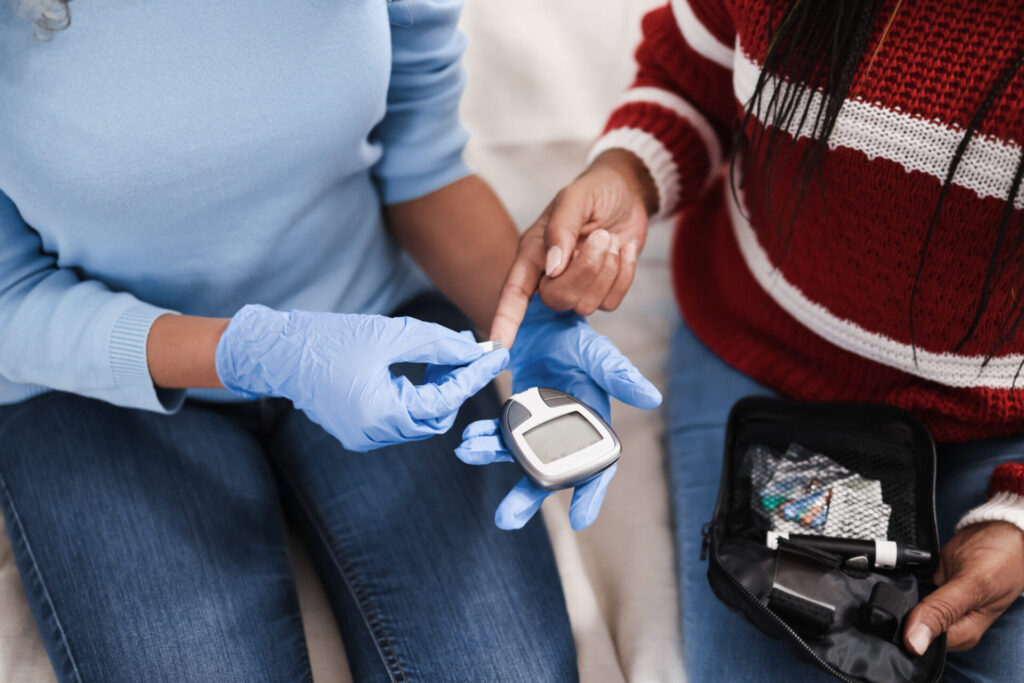- At Bhekisisa, 2023 has been a year of growth — and celebration. We had our 10th birthday and are excited to start off our next decade in 2024.
- Our TV programme, Health Beat, took shape and developed from a loosely defined concept to a 24-minute monthly show broadcast on eNCA and also published on our YouTube channel.
- We expanded our multimedia team and appointed our first chief operations officer.
- We’re looking forward to carrying on producing high-quality journalism in 2023, but for now, take a look back at the 10 stories you loved most this year.
At Bhekisisa, 2023 has been a year of growth — and celebration. We had our 10th birthday and are excited to start off our next decade in 2024.
This year, our TV programme, Health Beat, took shape and developed from a loosely defined concept to a 24-minute monthly show broadcast on eNCA and also published on our YouTube channel.
And to ensure we produce a good product, we’ve expanded our multimedia team. In November, the veteran television journalist and former managing editor of Carte Blanche, Jessica Pitchford, joined us as our multimedia and television editor and in February Thatego Mashabela will join us as a multimedia producer. As part of this expansion we will also start a TikTok channel next year and better our Instagram offerings.
Moreover, we brought the excellent narrative writer, Sean Christie, on board — four of our top 10 stories are Christie’s beautifully written sketches of health policymakers and scientists — two of them on people who have run hospitals and hospital departments with integrity and skill: Ben Gaunt and Ebrahim Variava.
We’ve, of course, had to match our editorial growth with operational growth, so in May the former editor-in-chief and group executive for SABC news and current affairs, Phathiswa Magopeni, joined us as our first chief operations officer. Our operational team now consists of four staff members: Magopeni, a senior programme manager (Rosaline Daniel), a programme associate (Soley Crooks Chissano) and a part-time accountant (Theo Wessels).
We’re looking forward to carrying on producing high-quality journalism in 2023, but for now, take a look back at the 10 stories you loved most this year.
1. ‘It’s far more complex’ — the health department responds to one of our NHI op-eds
In August, Dave Martin, who has lived and worked as a development specialist in the rural Eastern Cape for two decades, argued that the National Health Insurance scheme (NHI) shouldn’t start before the government has sorted out management problems at hospitals. We asked the health department’s NHI head, Nicholas Crisp to respond. His reply was our top-read story for the year.
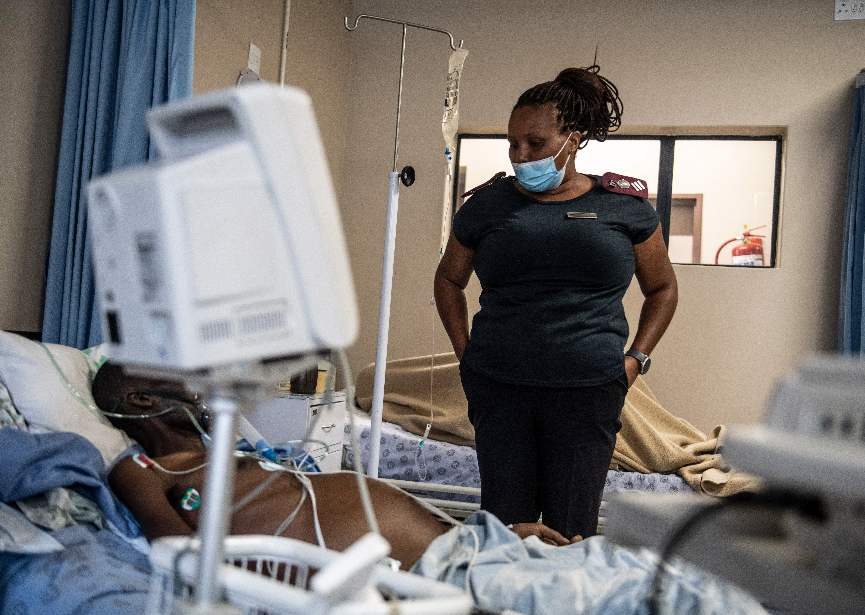
2. The health department’s NHI branch appoints two new chief directors. Here’s what you need to know
Has the NHI appointed any staff? Our July story broke the appointment of chief directors. And our Health Beat interview NHI head Nicholas Crisp and Section27 executive director Sasha Stevenson, delved into stuff like when your medical aid is likely to disappear.
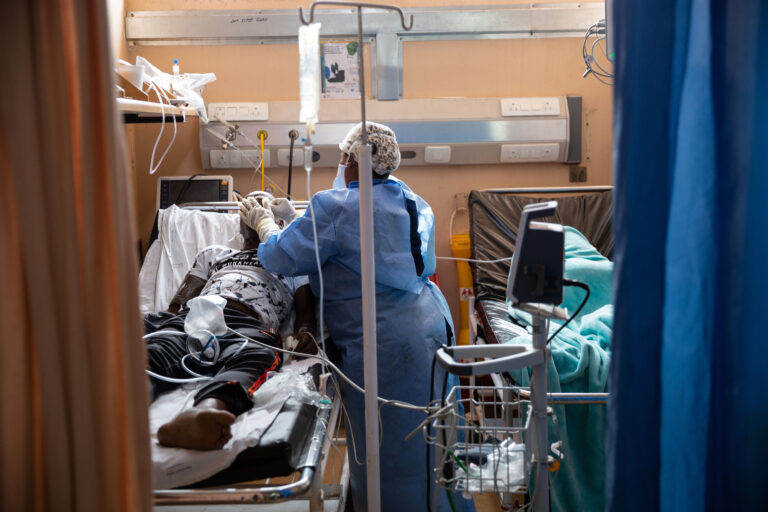
3. The anti-HIV injection will be made in SA: Here are 4 benefits of the deal that made it happen
Condoms are no longer the only tool to use during sex to stop HIV transmission. There is now also medicine, like a two-monthly anti-HIV jab. But, as often is the case, the shot is unaffordable to Africa, despite trials, which helped establish the efficacy of the injection, having been carried out on Africans. Now generic licenses have been issued for (hopefully) cheaper shots. What can we learn from such deals?
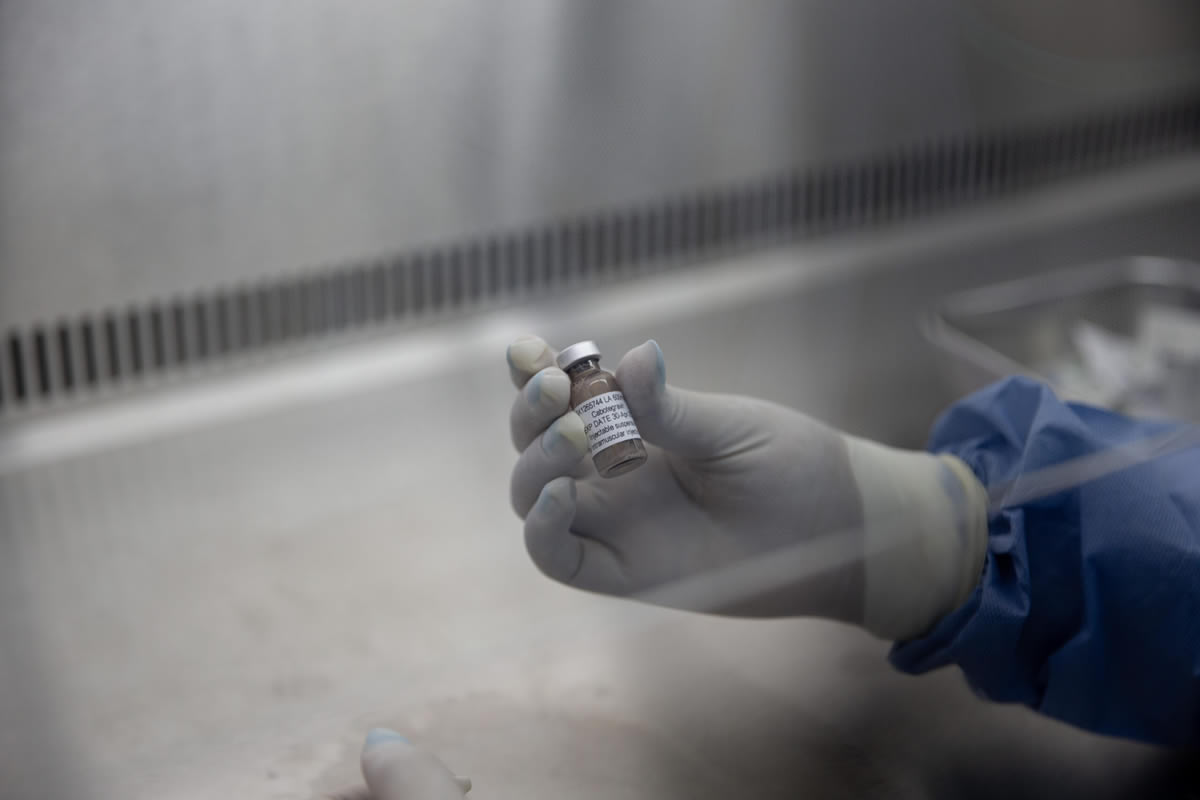
4. The importance of being Brimey
In June 2020, at the height of the COVID-19 crisis, Ebrahim Variava, head of internal medicine at the Tshepong Hospital in Klerksdorp, was suspended for criticising how the facility dealt with the health emergency. Meet the doctor whose passion for his patients is as fiery as his bright red scrubs — and who will work “outside the box” to ensure people get the right care.
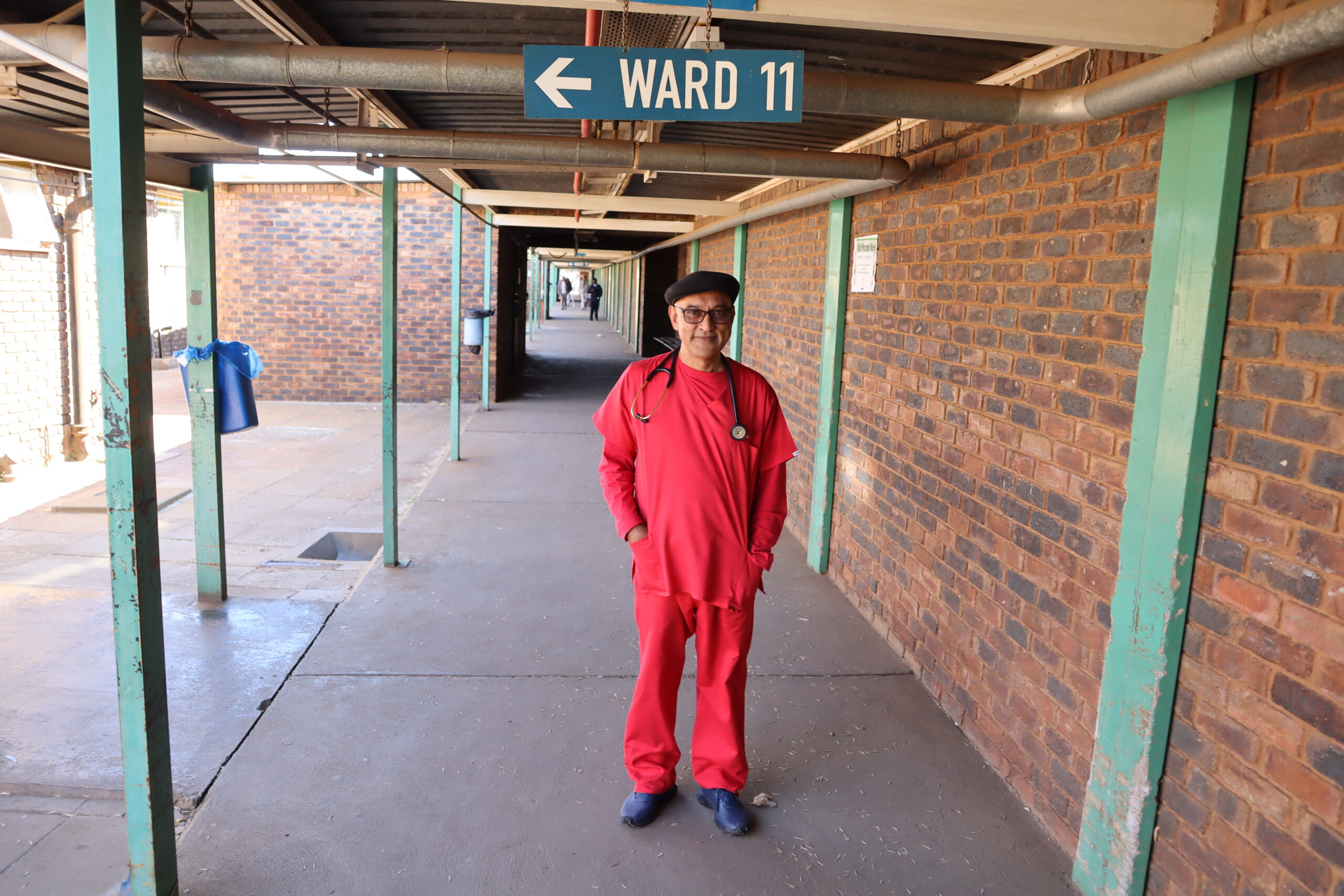
5. The cost of caring: Zithulele’s Ben Gaunt, one year later
In 2022, Zithulele Hospital in the rural Eastern Cape became mired in scandal and chaos when a new CEO was appointed and demanded that government rules, which prevented community members from using the hospital without a clinic referral, be followed to the T. Ben Gaunt, the hospital’s clinical manager, who led a team who transformed the hospital from a struggling public health facility into a poster child of excellence, left the facility — and so did many other Zithulele doctors. One year later, Gaunt spoke to us from his home in Port Alfred. He now works as the Eastern Cape health department’s clinical medicolegal adviser.
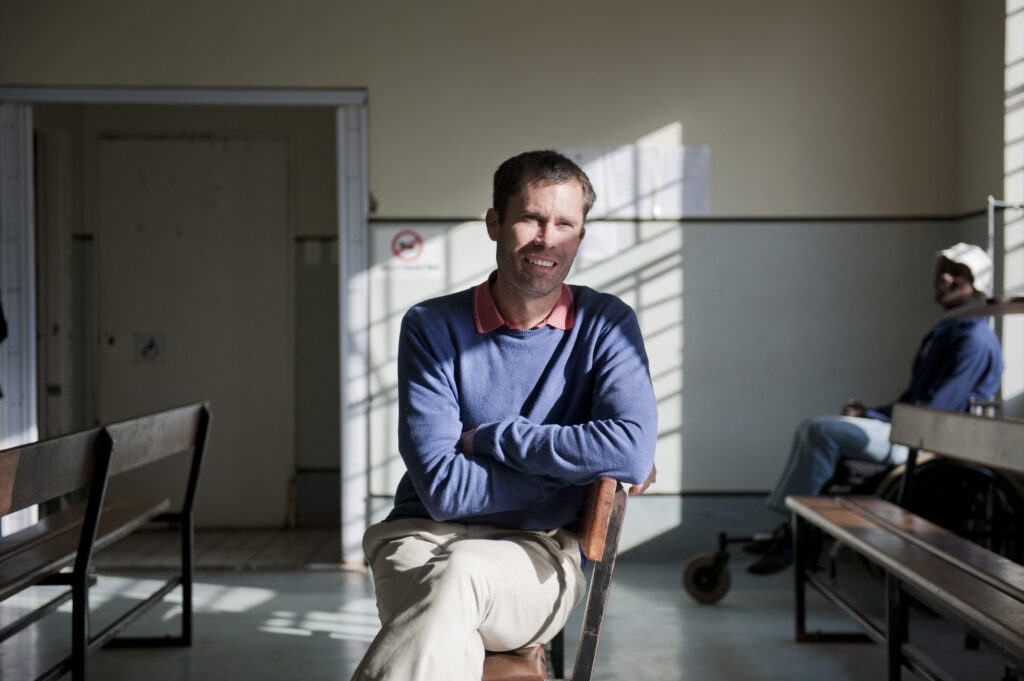
6. A mezuzah, a Christmas wreath & rooibos with milk: Get to know this NICD couple at home
Anne von Gottberg and Cheryl Cohen are two of South Africa’s foremost scientists. We’ve got them and their colleagues to thank for the country’s world class surveillance of SARS-CoV-2. They’re also experts on how to bridge divides: Von Gottberg, who is German, and Cohen who is Jewish, got married in 2007. We visited them at their Parktown home and talked science, family and culture.
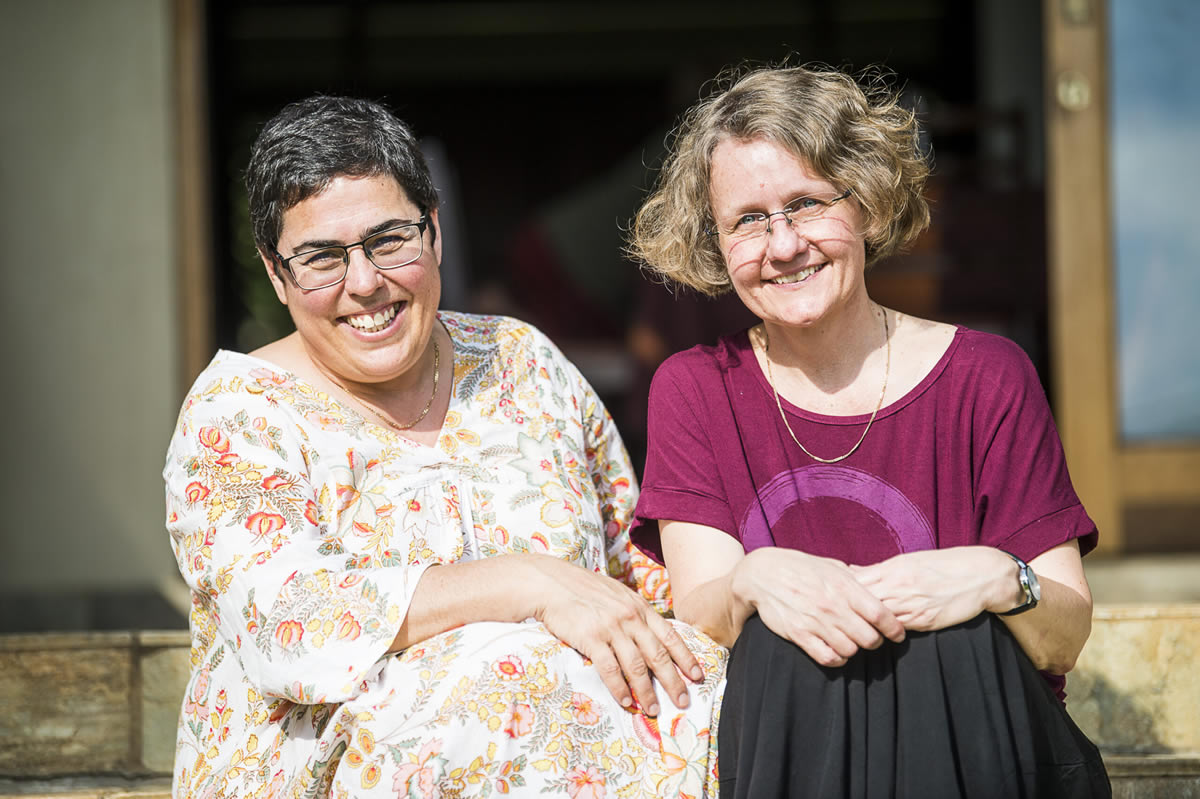
7. Sewage & DIY antiseptics: A year at Rahima Moosa with SA’s health watchdog
Watch the health ombudsman, Malegapuru Makgoba, present the findings of an investigation into conditions at the Rahima Moosa Mother and Child Hospital in Johannesburg — and check out our live tweets. The investigation started in 2022 after complaints about the quality of services; 34 in-depth interviews with patients and health workers at the hospital were conducted. Makgoba says three words were mentioned in almost every interview: “dirty”, “filthy” and “unsafe”.
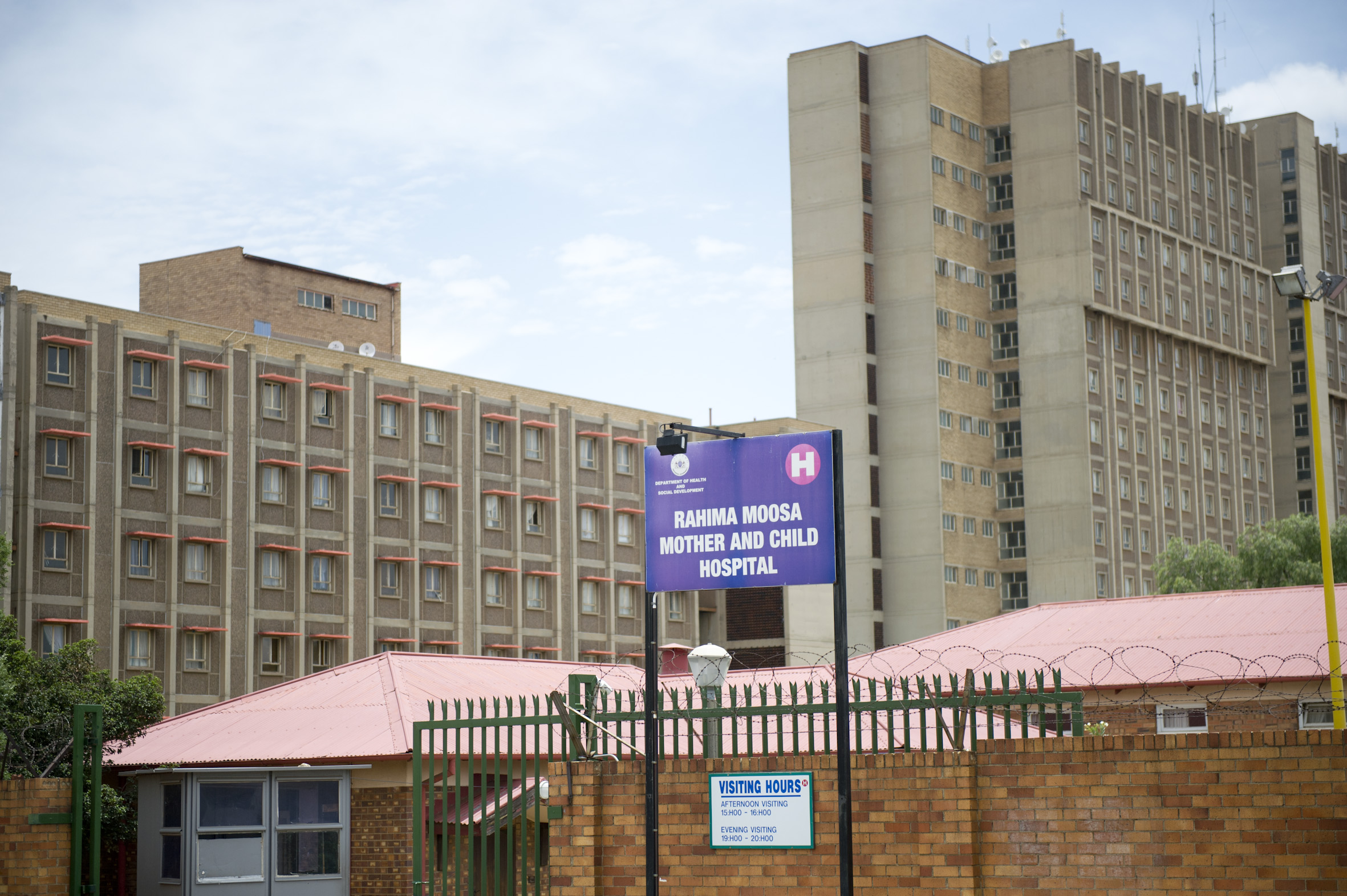
8. From Alexander Bay to Tshwane: Meet the health department’s Mrs Impossible
Meet the health department’s chief director of health systems, Milani Wolmarans, who is building a digital patient registration system for the National Health Insurance. Wolmarans headed up the team who created the electronic vaccination data system in 2020, that keeps track of COVID vaccinations. She grew up in a small diamond community in the Northern Cape, then studied occupational therapy at Stellenbosch University, after which she worked with disabled people in Mpumalanga and found her way to the health department’s headquarters in Tshwane.
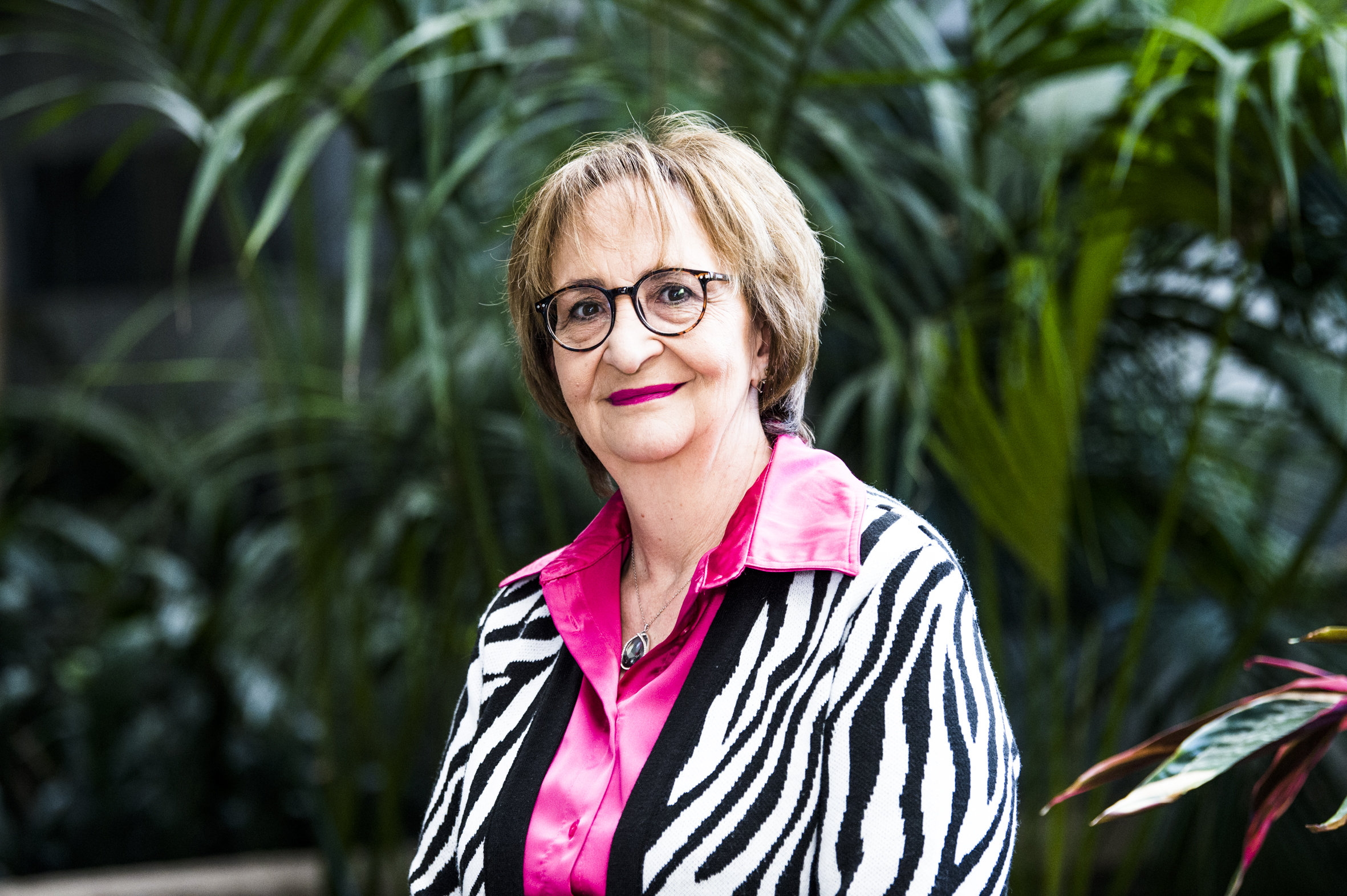
9. Is there cholera in my water?
Tests done on water taken downstream of a manhole from which sewage leaks into the Vaal River came back positive for cholera. South Africa’s drinking water is drawn from rivers like the Vaal, but it goes through a strict disinfection process to make it safe for human use. But a report showed that in 2021, only 40% of the facilities in the country that disinfect water are germ-free. Because these waterworks don’t treat and check their water to the legal standard, disease-causing bacteria (like cholera) could end up in tap water.
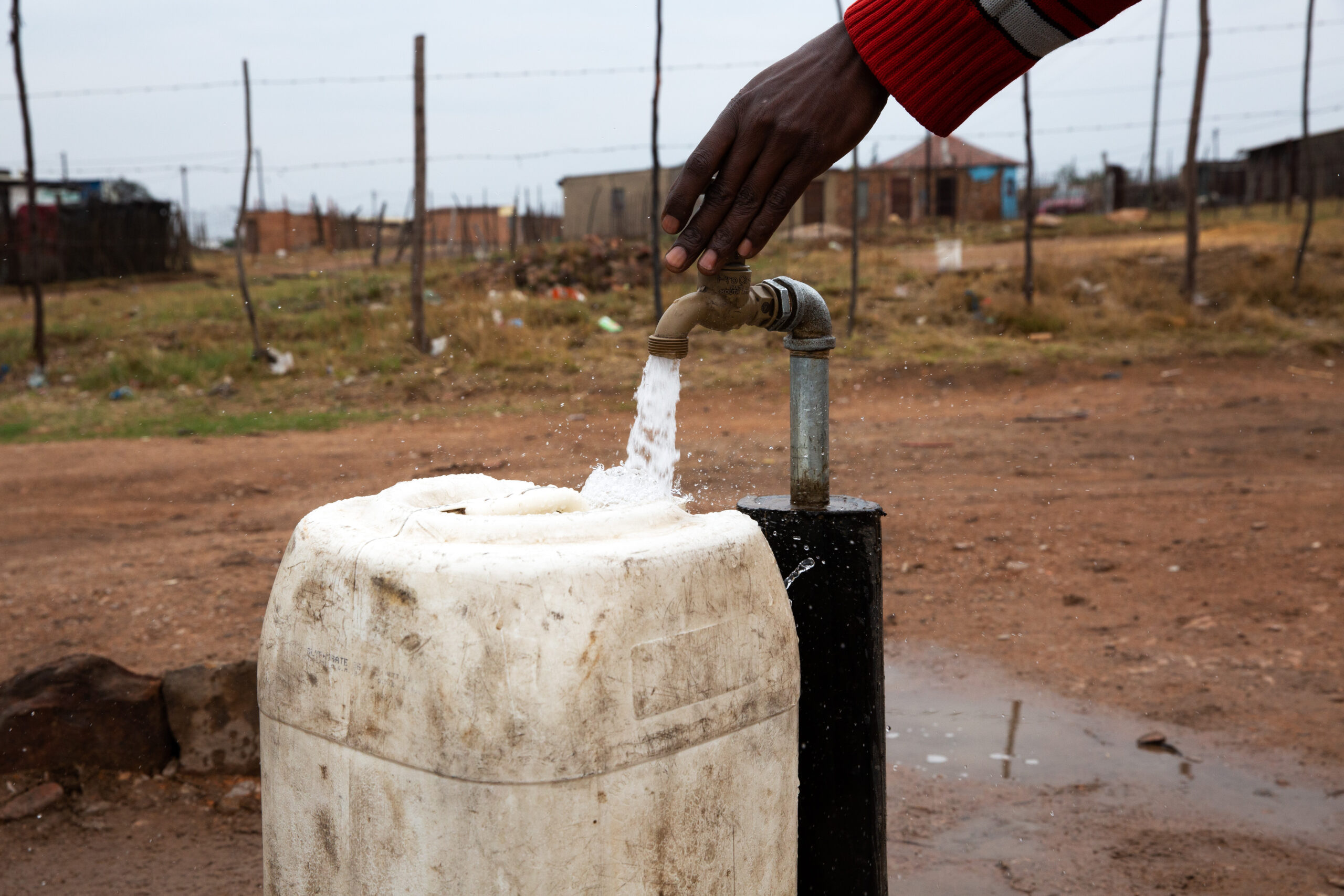
10. Ozempic: A hashtag & a helpful effect collide & drain global stocks of a diabetes drug
In early 2023, there was a global shortage of a popular and effective medicine used by people with type 2 diabetes because more and more people (who don’t necessarily have type 2 diabetes) have been showing up at their doctors asking for the medication because of its weight loss effects. The drug, Ozempic, which has since become close to a household name, delays the emptying of the stomach, which makes people feel full for longer, and so results in weight loss. People with type 2 diabetes need the medicine to control their blood sugar levels.
